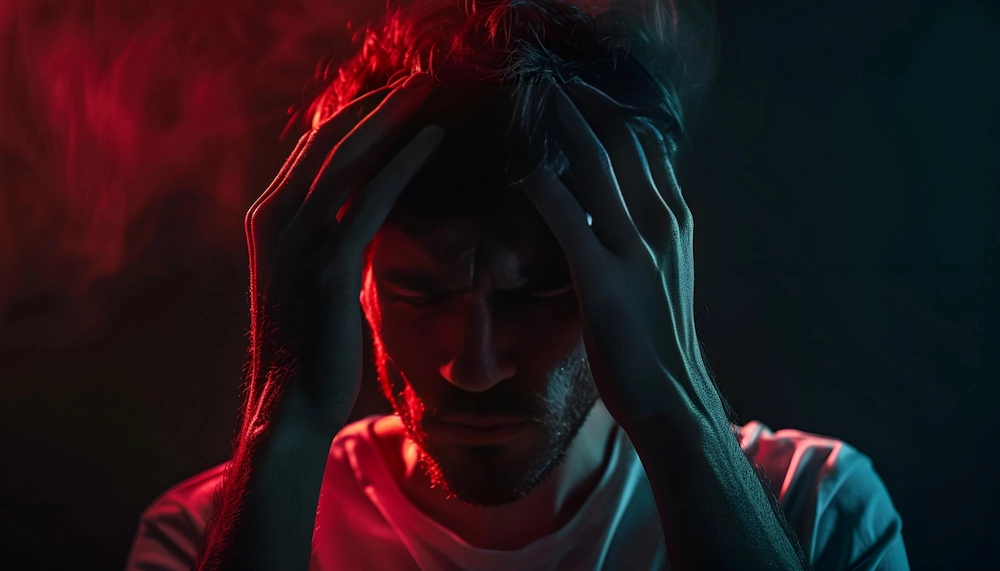
Have you ever felt an overwhelming sense of fear or dread suddenly wash over you, leaving you breathless and panicked? If so, you might have experienced a panic attack. These intense episodes can strike without warning, making you feel like you’ve lost control. But what causes these frightening moments? Understanding the reasons behind stress-induced panic attacks can be the first step in managing and preventing them.
Before diving into the causes, it's crucial to understand what a panic attack is. A panic attack is a sudden onset of intense fear or discomfort that peaks within minutes. Symptoms can include palpitations, sweating, trembling, shortness of breath, and a feeling of impending doom. These attacks are often linked to stress, but there are specific triggers that can increase the likelihood of experiencing one.
1. Chronic Stress and Anxiety
Living with chronic stress can be overwhelming. The constant pressure from work, relationships, or financial problems can lead to a build-up of anxiety, making you more vulnerable to panic attacks. When stress becomes a constant companion, your body may react with panic as it tries to cope with the unrelenting pressure.
2. Traumatic Experiences
Trauma from past events, such as accidents, abuse, or the sudden loss of a loved one, can leave a lasting impact on your mental health. These experiences can trigger panic attacks, especially if something reminds you of the trauma. The fear and anxiety associated with these memories can cause your body to react as if the trauma is happening again, leading to an attack.
3. Phobias
Phobias are intense, irrational fears of specific objects or situations. When someone with a phobia encounters their trigger, it can lead to a panic attack. For instance, a person with a fear of flying may experience a panic attack before boarding a plane. Understanding and addressing phobias can help reduce the occurrence of these attacks.
4. Medical Conditions
Certain medical conditions, such as hyperthyroidism, heart disease, or respiratory disorders, can mimic or trigger panic attack symptoms. The physical sensations caused by these conditions can be misinterpreted as a sign of impending danger, leading to a panic attack. It’s essential to seek medical advice if you suspect a health issue is contributing to your anxiety.
5. Substance Use
The use of certain substances, such as caffeine, alcohol, or drugs, can increase the likelihood of experiencing a panic attack. Stimulants like caffeine can heighten anxiety, while the withdrawal from substances like alcohol can lead to panic attacks. Understanding the impact of these substances on your body can help you manage and reduce the risk of panic attacks.
Understanding the triggers behind panic attacks is crucial in managing them. Whether it’s chronic stress, past trauma, phobias, medical conditions, or substance use, identifying these factors can help you take control of your mental health. Remember, you’re not alone in this journey—help is available, and taking the first step towards understanding your anxiety is a step towards reclaiming your peace of mind.